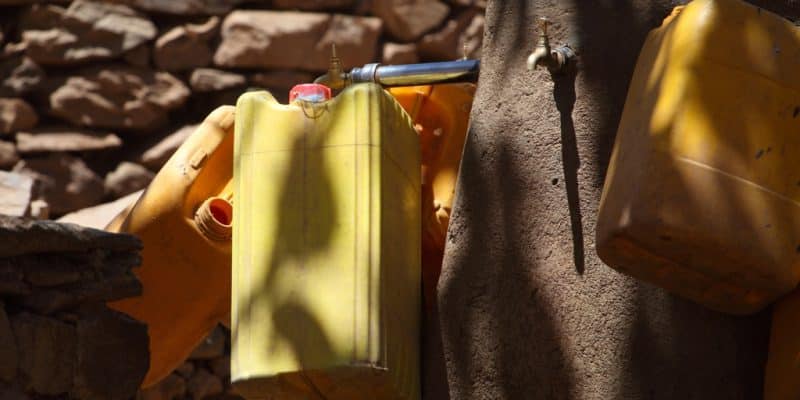As countries increase projects to secure water supplies in the face of drought, the gap between demand and supply is widening. According to the World Bank, global demand for water will exceed supply by 40% by 2030 if nothing is done, and this will slow down the development of several countries, particularly in Africa. For the group, two solutions are to be considered to avoid the worst
The World Bank is taking advantage of World Water Week, which has been held since 23 August 2022 in Stockholm, Sweden, to sound the alarm on the world’s worsening water crisis. In a recent article by the group’s global director of water best practice, Saroj Kumar Jha, the picture of water management is painted in black. “Groundwater is overexploited and polluted. Cities and farms are facing severe water shortages due to drought,” laments Saroj Kumar Jha.
And the gap between water demand and supply is growing. According to the World Bank, by 2030, demand will exceed supply by 40% worldwide. On the continent, water stress particularly affects the Horn of Africa, North Africa and Southern Africa.
Investing $150 billion in water supply per year
In order to ensure water security on all continents, particularly in Africa, the World Bank proposes to strengthen governance. According to the international financial institution, “good governance is about institutions and systems that ensure efficient, cost-effective and transparent use and management”. This is in addition to the proper allocation of the resource to avoid conflicts, especially in the management of transboundary waters. The United Nations Economic Commission for Europe (UNECE) supports African governments in this respect through the Convention on the Protection and Use of Transboundary Watercourses and International Lakes.
Read also –
Good governance must also be supported by appropriate investments. The World Bank estimates that $150 billion is needed each year to ensure universal access to safe drinking water and sanitation worldwide. Currently, 2 billion people in the world still do not have access to drinking water, including 418 million in Africa, according to a report (2022) by the United Nations Children’s Fund (UNICEF).
Inès Magoum







